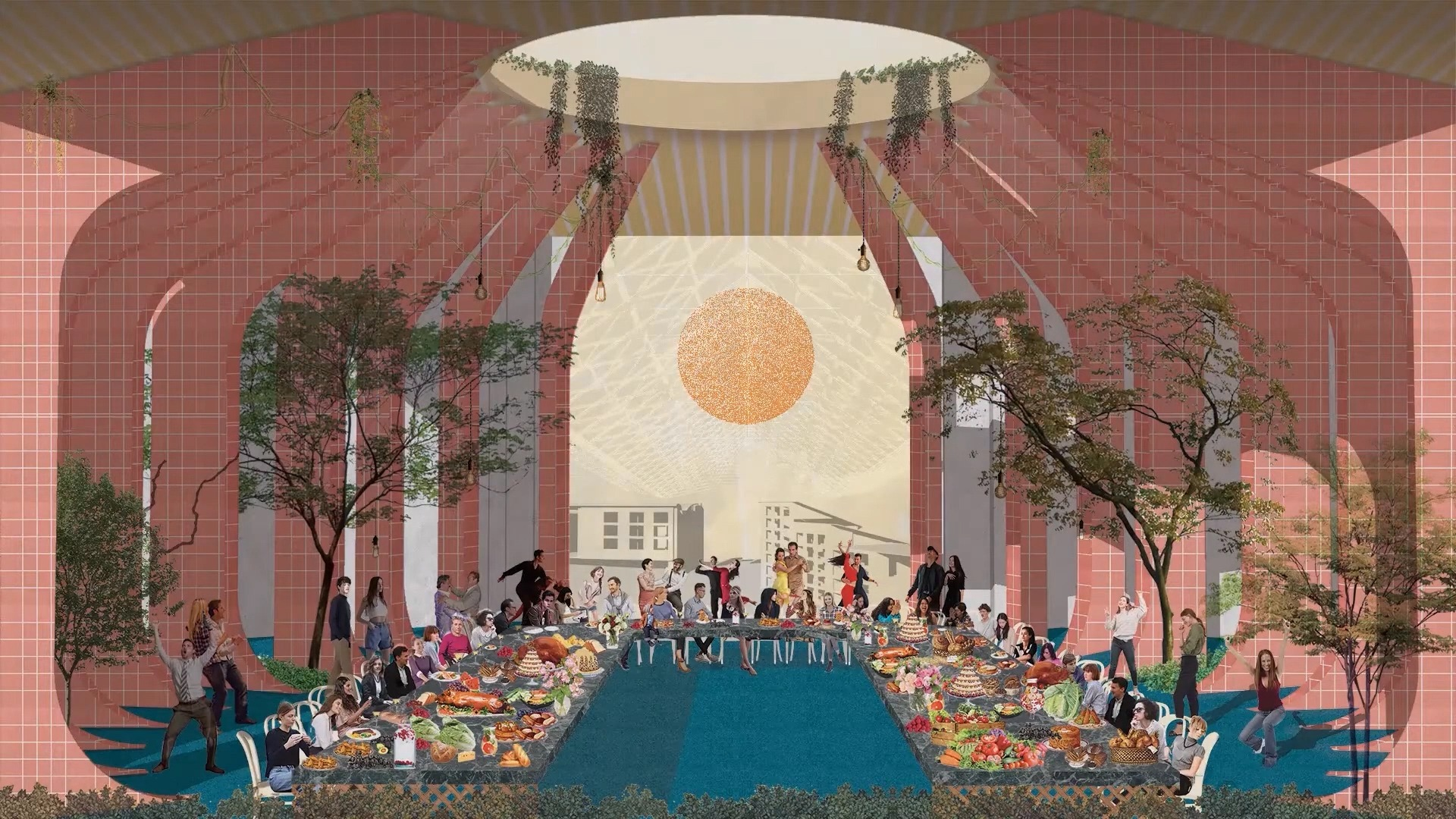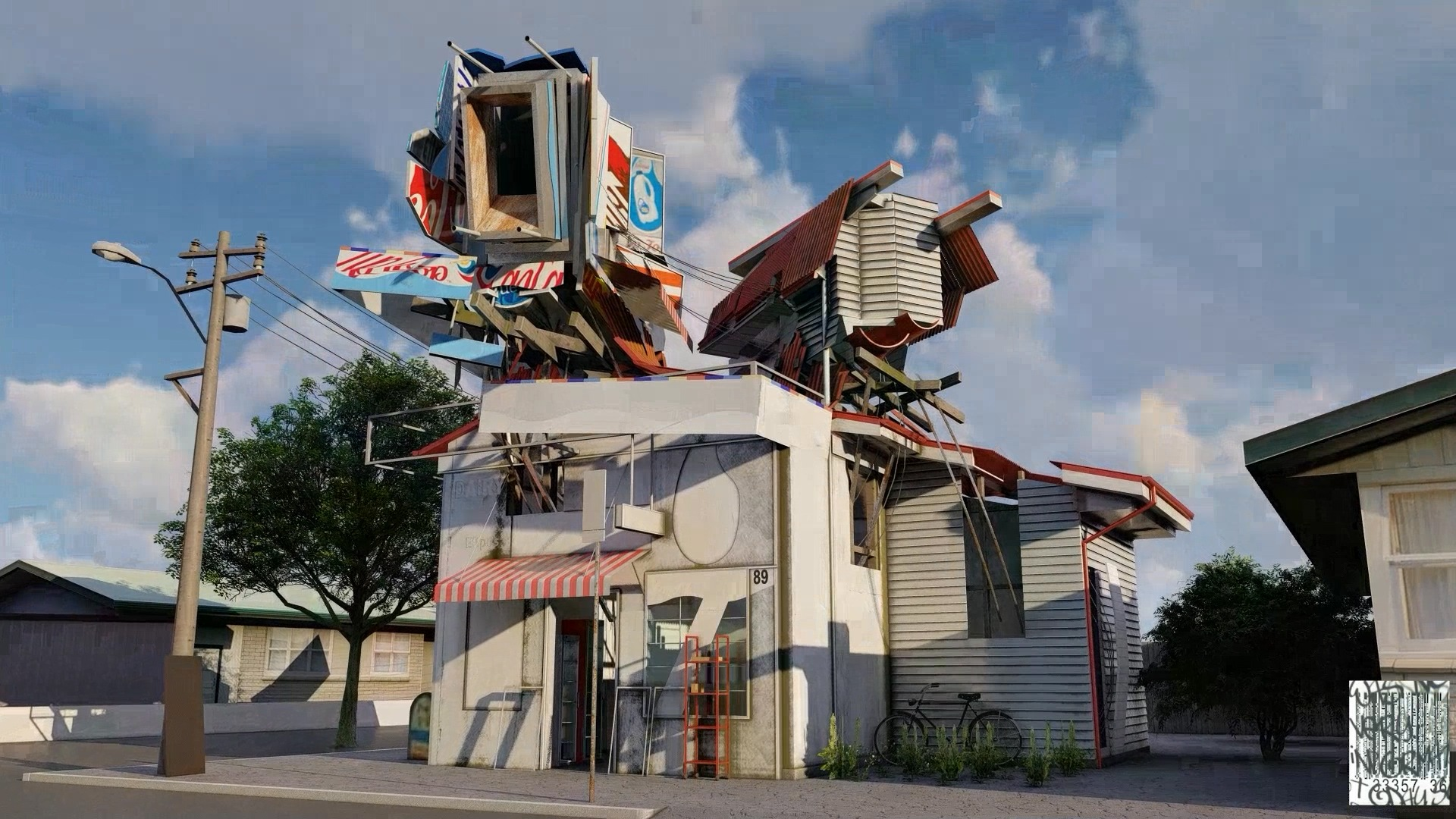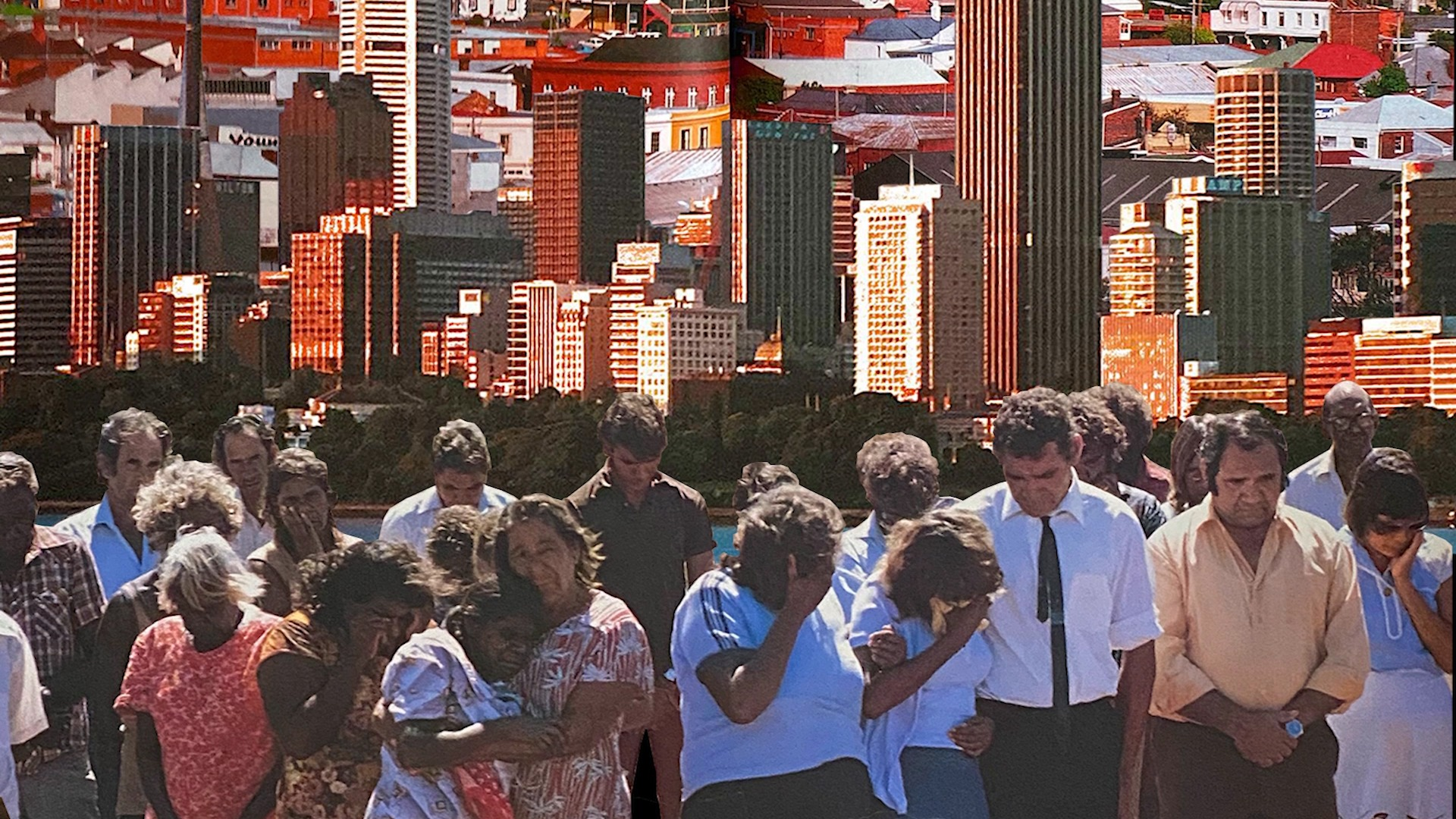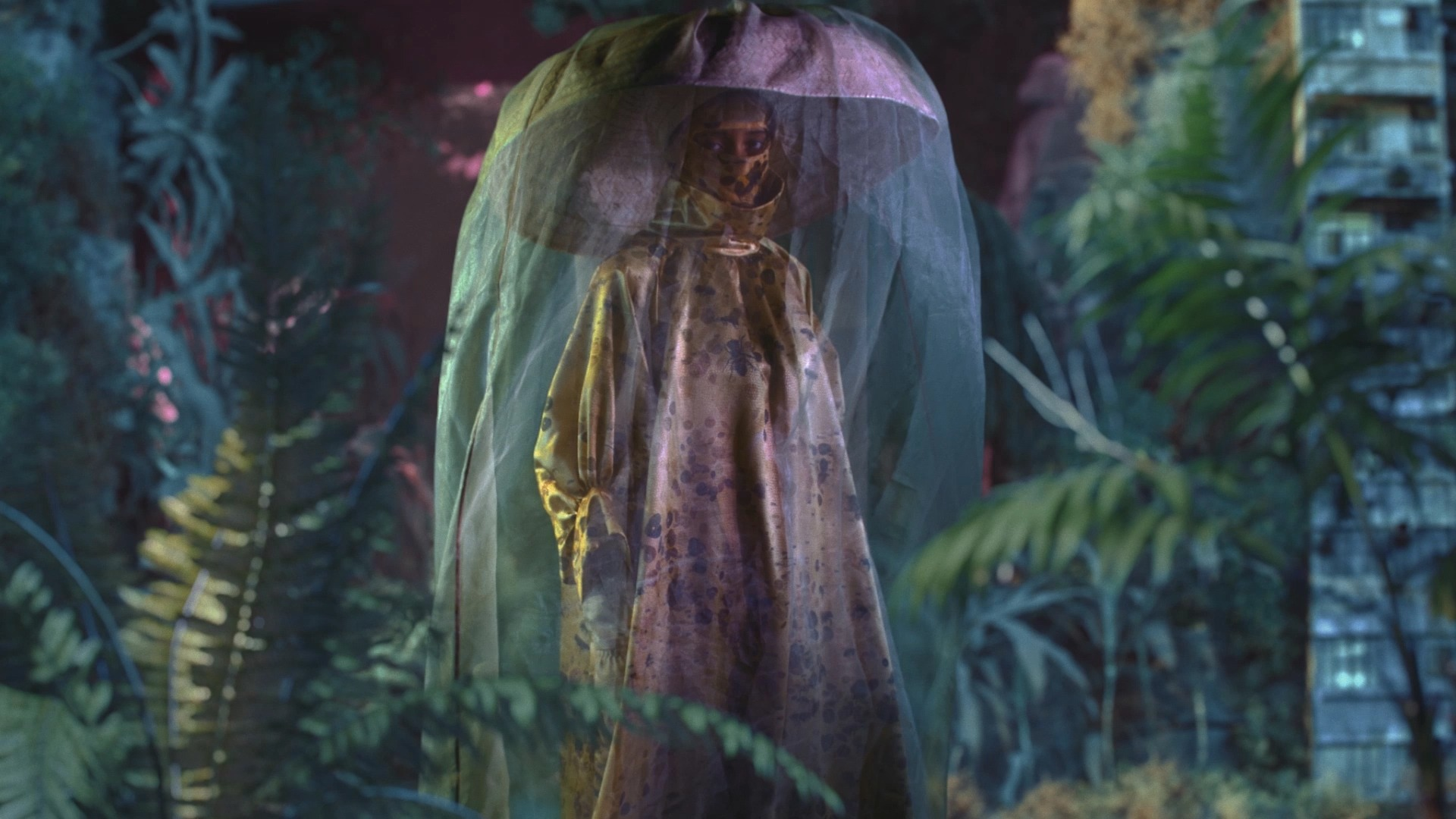MDW FILM FESTIVAL: URBAN SCREENING 2022 Past Event
Presented by MDW Film Festival
Tickets
Dates
11:00 am – 12:00 pm
3:00 pm – 4:00 pm
11:00 am – 12:00 pm
3:00 pm – 4:00 pm
11:00 am – 12:00 pm
3:00 pm – 4:00 pm
11:00 am – 12:00 pm
3:00 pm – 4:00 pm
11:00 am – 12:00 pm
3:00 pm – 4:00 pm
11:00 am – 12:00 pm
3:00 am – 4:00 pm
11:00 am – 12:00 pm
3:00 pm – 4:00 pm
11:00 am – 12:00 pm
3:00 pm – 4:00 pm
11:00 am – 12:00 pm
3:00 pm – 4:00 pm
11:00 am – 12:00 pm
3:00 pm – 4:00 pm
11:00 am – 12:00 pm
3:00 pm – 4:00 pm
Venue
Access
Wheelchair AccessMDW FILM FESTIVAL: URBAN SCREENING 2022 Past Event
Presented by MDW Film Festival
What is the Urban Screening?
Architectural processes and discourses are often invisible to those not directly involved in the profession, rendering the public grateful recipients/unwilling victims of ‘done deals’. The Urban Screening is a bi-annual compilation of short films and video artworks that aims to increase public awareness of some of these processes by providing a platform for local and international architects, artists, designers, futurists and researchers to communicate their practice to not just a wider audience, but to those who are directly influenced by the outcomes of their work. This year’s brief invited artists to contribute works that tease out the contradictions that influence urban spaces and our lives inside (or outside) them.
Contradictions
The ways in which cities shape us, and how we shape them, are influenced by a variety of modalities that often have contradicting poles/ends. On one side of one modality that influences urban space we observe the built environments and urban infrastructures which are more or less defined, concrete, and given; and on the opposite end of this modality one can find elements that are softer, ethereal, fluid, unexpected, and not prescribed. This end relates to self-initiated activities of citizens, our intangible heritage, our memories, our stories, our aspirations and/or our conflicts. The inconsistencies and tensions between these two opposing ends allow us to wonder and speculate about the past, present and future of urban environments.
In the current digital and anthropocentric times, cities have become increasingly complex and contradictory as disciplinary spaces of enclosure give way to networked and distributed systems of control. As a result of rapid, mostly unconstrained growth, spaces have multiplied in scale, while simultaneously being broken down into incomprehensible multitudes of components. Increasingly quantified, controlled, and surveilled bodies are ranked against each other in order to determine their degrees of access to cities and their resources. In this modality, control and surveillance are opposing citizen driven actions, protests, and public art interventions.
We are now awash in a sea of images, ritually conditioned to be able to swipe from one contradictory idea to another as quickly and efficiently as possible. In contemporary cities our attention is increasingly commoditised and controlled in an algorithmically constructed public discourse which has normalised outrage and reduced debate to a form of recreation. While the excesses of contemporary cities have produced a spectacular array of personalised, overlapping experiences and interactions for those who have access to them, underlying social and material contradictions driven by corporate greed, and assisted by recommendation algorithms, present looming threats to the ‘stability’ of urban spaces.
The Urban Screening seeks opportunities to tease out the contradictions found in various modalities that influence urban spaces and our lives inside (or outside) them.



